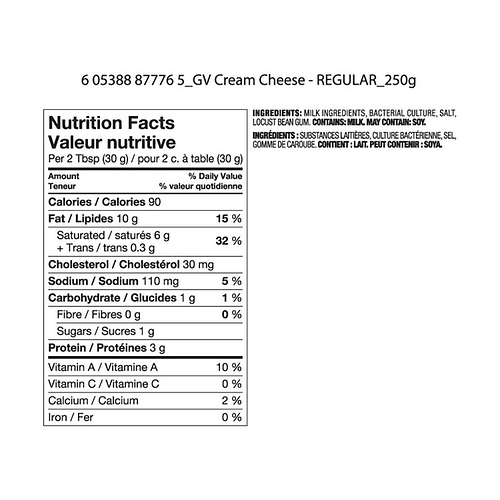Regarding homones and calories and metabolic health this has been my experience. And I readily admit that I might be an outlier and/or 
When I started keto I knew next to nothing about anything nutritionally. I shared a lot of wrong conventional thinking. I had a hernia op scheduled for mid-March, had read that the less fat the surgeon has to cut through the better the outcome. So I decided to lose some abdominal fat while awaiting the op by going keto. By the way, my abdomen is the only place my body stores usable fat. I have next to no fat anywhere else other than my buttocks but there’s not much and it hardly ever changes.
At the time, I had no idea what my RMR or DREE were but guessed my RMR was probably around 1700-1800 cals per day. So I thought I’d cut calories to 1500, which seemed modest and reasonable. My keto macros were pretty much the same as now (2:1 fat:protein grams). I started losing fat from my abdomen almost immediately and felt zero hunger at any time while doing so. By the time of the op my abdomen was as flat and firm as it has always been in most of my life before 60. I felt good overall and continued feeling zero hunger. So far so good.
The op went fine. Three months in, by the end of March I had lost about 25 pounds and decided I had lost enough fat to start eating normal amounts again. To stop the loss I started eating an additional 100-200 calories per day every couple of weeks or so. Interestingly, I continued to lose fat even while eating more overall. And as previously I continued to feel zero hunger. I continued this for another 3 months while losing another 10 pounds in the process.
I finally stopped the loss at 2500 calories per day. So I had started keto with a 1000 calorie per day deficit! I had spent 3 months eating that 1000 calorie deficit and felt zero hunger the whole time. I started keto Jan02, 2017, with a 4-day water fast. I felt extreme hunger from carb withdrawal on day 2. By the morning of day 3 the ‘carb hunger’ was replaced by what I call ‘keto hunger’, a very gentle and subtle suggestion that it might be a good idea to eat something. But even that went away during the day. Along with the hunger, my sense of satiety went away too. Sure, I can stuff myself until I can’t get anything more down my throat, but that’s not what we mean by ‘satiety’.
Now, 4 years in, I occasionally feel slight ‘keto hunger’ in the morning before I prepare my daily keto coffee, especially if I ate supper early the previous day and/or ate very little overall during the day. The keto hunger goes away within 10-15 minutes, so I take it as a gentle reminder to eat. I drink a liter of coffee each morning so by the time I’ve drunk that, my stomach is full. Again, that’s not what ‘satiety’ means. I don’t feel ‘satiated’ when my stomach is half full of coffee and want no more. The same when I eat my solid meals. I don’t feel satiated at some point and just stop eating!
Because I don’t have reliable hunger and satiety signals, I eat to macros and count calories. By doing so I have maintained my weight at 145 pounds for 3 1/2 years and my overall BF at 14-15%. I know from experience that if I eat within my daily ‘caloric window’ (~2400-2700 calories) I will maintain my weight and composition). If I eat below that window for several days I will start to lose and if I eat above that window I will start to gain. I also know from experience that I can increase my fat (and water) stores very quickly by consuming ethanol, even when I eat below my window. I’m not advocating this, since the fat sourced from ethanol gets stored in the liver which is not good, plus ethanol causes a lot of stress dealing with it.
My main takeaway so far is that even though I ate bog standard SAD for 7 decades, my metabolism remains relatively healthy. It responds normally to varying inputs/outputs of energy. It stores and utilizes endogenous fat normally. My CGM experiment of a year ago showed normal glucose management. So overall, I’m a happy camper. And if you’re wondering - no I don’t find it particularly onerous to measure and track my food. I use an Open Office spreadsheet I designed for myself that makes the task fairly easy.
PS: I think I ought to mention that this is complicated stuff, involving lots individual variation! What works for one may or may not work for another or even help. It’s really important to observe what happens to you very carefully and base what you do on your personal observations and not some general advice or ‘program’. For example, if you have elevated thyroid activity - not hyper just elevated - you will get away eating lots of stuff that would otherwise end up as stored fat. You will use it as energy instead. The same if you have elevated growth hormone. On the other hand, if you have lower - not hypo just lower - thyroid and/or growth hormone it will be much easier to store fat and more difficult to get rid of excess. This in addition to whatever other metabolic hormonal imbalances you may have. Or not have. Some of us are lucky some of us are not. You have deal with what you’ve got.








